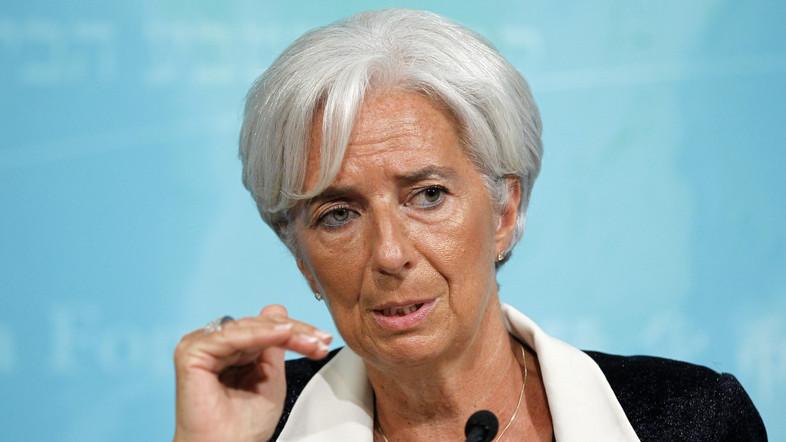The International Monetary Fund has once again cut its Global Growth Forecasts for 2016/17, due to the consensus that last month’s Brexit vote will impact negatively on economic growth around the world.
Global growth
New forecasts for the global economy project an expansion of 3.1 percent this year and 3.4 percent next year. These evaluations are both 0.1 percent lower than estimates published in the World Economic Outlook in April.
The IMF’s World Economic Outlook Update, which revised the numbers, stated: “The Brexit vote implies a substantial increase in economic, political, and institutional uncertainty, which is projected to have negative macroeconomic consequences, especially in advanced European economies.”
Maurice Obstfeld, IMF Chief Economist and Economic Counsellor, said: “Brexit has thrown a spanner in the works.”
UK and Euro-Zone
The negative effects of Brexit are expected to effect the United Kingdom and European countries strongest. UK estimates have therefore seen the largest cuts. This year’s projected growth was lowered from 1.9 to 1.7 percent and projected growth for 2017 being reduced by a staggering 0.9 percent to 1.3 percent. For the Euro area the estimate has been raised by 0.1 percent for this year, to 1.6 percent but lowered 0.2 percent for 2017, to 1.4 percent.
Japan
Japan is expected to suffer from the Brexit vote and economic uncertainty in Europe in the short term, as a stronger Yen will impede essential export growth. The IMF forecast on Japanese growth was cut by 0.2 percent to a low of 0.3 percent for the year 2016. For the coming year estimates have however been risen to a 0.1 percent expansion, amid April’s estimate of a reduction in the Japanese economy of 0.1 percen. The change was prompted by the postponement on the planned consumption tax increase.
US
Estimates have also been lowered for the US. Expected growth levels for this year are now 0.2 percentage points lower than the 2.4 percent growth rate published in April, due to the lower-than-expected performance results in the first quarter. Levels for economic growth in the US have however remained unchanged at 2.5 percent for the coming year.
China
China’s growth forecast rose by 0.1 percentage point to 6.6 percent for 2016 and remains at 6.2 percent for 2017. Since China, the world second largest economy, has both limited trade and financial relations to the United Kingdom, Brexit jitters are less likely to affect their growth but the IMF still stated that “Should growth in the European Union be affected significantly, the adverse effect on China could be material.”
Developing countries
There has been considerable downwards revisions for low-income economies as well. Such were largely driven by Nigeria’s economic contraction and worsening economic outlook on South Africa, Angola and Gabon. Emerging countries on the other hand have performed well enough for substantial upwards adjustments to growth rates. Both Russia and Brazil growth forecasts have been adjusted upwards.
Risks and important influences
In the further development of today’s report on the revisions, the IMF stressed that UK and European Union policy makers will play a key role in global economic developments. Further uncertainty over the economic future of Europe could hamper growth. It called upon both sides to create a “smooth and predictable transition to a new set of post-Brexit trading and financial relationships that as much as possible preserves gains from trade between the U.K. and the EU.”
The IMF also went on to caution that there could be more negative outcomes than first expected. The full scale of all Brexit effects will unfold slowly over time and therefore the IMF is not ruling out that more negative shocks may arrive.
Other risk areas mentioned in the new report highlight the prevailing problems in the European banking system. Such are currently most visible through Italian and Portuguese economic struggles as well as “protracted financial market turbulence and rising global risk aversion”.
Geopolitical tensions and the growing threat of terrorism have also been mentioned as important factors to growth. This comes only days after another horrible terror attack in Nice, in which more than 80 people died, and a failed coup d’état in Turkey, which in its aftermath put tensions on Turkish-EU relations.
In its’ policy recommendations the IMF advised particularly developed nations to make wider use of all policy tools available to them to tackle economic issues. It cautioned the heavy reliance on monetary policy alone.




